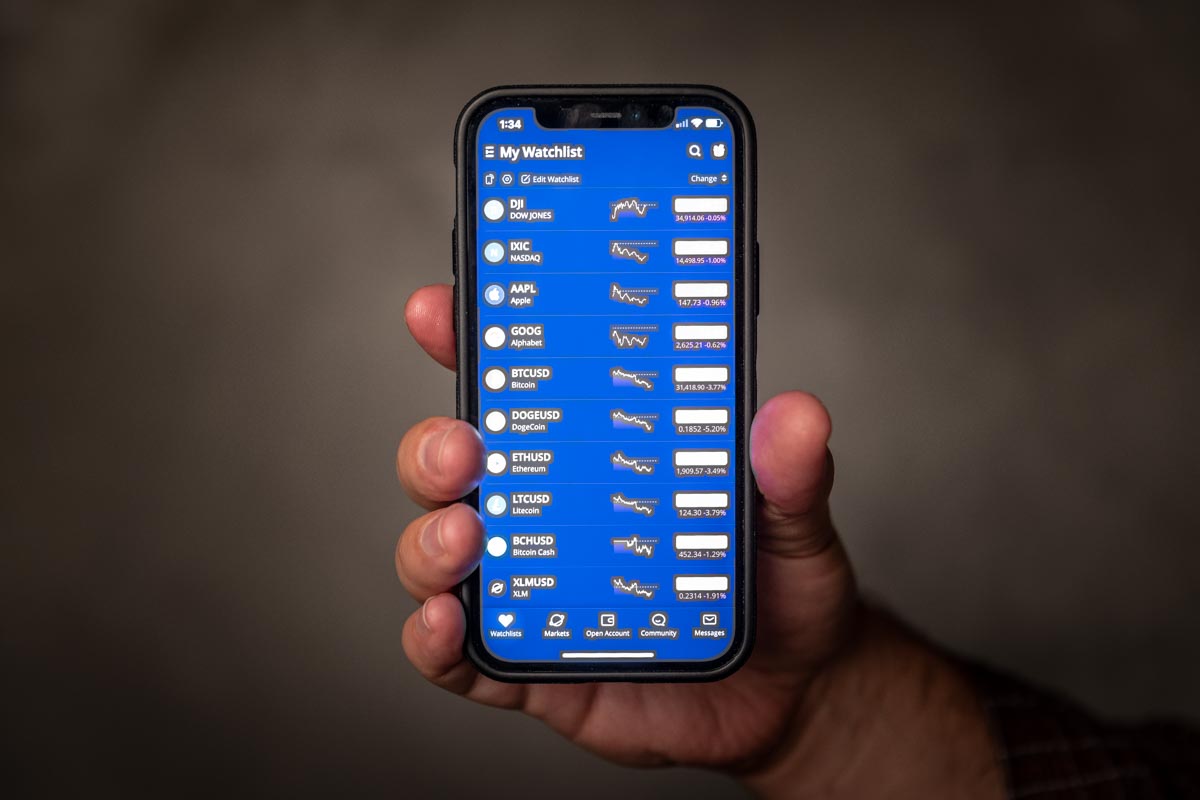The progression of artificial intelligence and algorithms are changing the field of business analytics. Organizations need business analytics professionals who can translate complex data sets into useful insights that inform leadership to solve business problems. The redesigned Master of Science in Business Analytics and the Graduate Certificate in Business Analytics programs at Opus College of Business emphasize experiential learning to prepare graduates to serve in analytics translator roles. As part of the core curriculum of the master’s program, a capstone project allows students to apply their skills to a real-world analytics project and strengthen their data storytelling capabilities. Throughout the semester-long project, groups of three to five students are paired with a sponsor from the partnering firm. The teams meet with their sponsor weekly to coordinate client and project management. The semester culminates in a presentation to senior leadership within the organization. The participating firms represent a wide swath of Minnesota-based industry leaders, including Polaris, Life Time Fitness, Ecolab, Feed My Starving Children and Children’s Hospital.
Dr. John Olson is a professor of operations and supply chain management and lead faculty for the redesigned business analytics programs. Olson sees the inevitable change associated with advanced technology and what it means for the future of the industry. “If you look at almost every field in the world, the really hardcore technical skills get automated or outsourced, and the people who survive are the good businesspeople who happen to be technical,” said Olson. “The job of a business analytics professional is not to be the decision-maker or data keeper. Their job is to translate that data from one space to the next to allow the key managers to do their work and make better decisions. When done right, the business can’t do it without them.”
Olson hopes that the capstone class will prepare students for the real world that they will be entering soon after finishing the course. That often means caringly dropping them in the deep end and letting them swim. For Olson, the confusion and frustration that accompany the ambiguity of the process are intentional. He encourages his corporate sponsors to provide direct and unfiltered feedback the way they would with any employee. “It’s real. Sometimes the clients are pretty aggressive, and they’ll say, ‘This is unacceptable, I can’t bring this to senior management,’ and I hope they do say that. I want students to hear that in a controlled environment,” Olson said. “The risk of not providing them with that unfiltered experience is that you send students out into the business world that aren’t equipped to handle people and criticism from management and dealing with ambiguity and problems. My job is to make the business network of St. Thomas stronger by producing high-quality business analytics professionals that can do the work. If they can go out and immediately execute, it builds our program credibility instantaneously,” Olson said.
Local corporate partnerships are critical to the process. Greg Scharine ’12 and his team of project managers and analysts oversee the introduction of all new government, commercial and defense vehicles for Polaris. As a member of the St. Thomas Alumni Advisory Board, Scharine is passionate about strengthening the University of St. Thomas network and giving back. “What separates the St. Thomas business analytics program from other business schools is that this is truly taking what I’ll call accounting, engineering and data science-minded people and training them how to use those skill sets in a business context,” said Scharine.
As a project sponsor, Scharine presented the team of students with three disparate data sets and asked them to make unforeseen connections. He stressed to his group of students the importance of taking complex data and translating it into easily digestible solutions. “If I ask you for the time, don’t build me a clock. That is a hard concept for a lot of students to get. In a presentation, you’ve got five minutes. If you can’t get the message across in five minutes, you’ve already lost half of the VPs,” said Scharine.
Chris Belich is a production analyst at Feed My Starving Children (FMSC) in Minneapolis. Feed My Starving Children provides 370 million meals per year for the undernourished. As a 2019 graduate of the business analytics program, Belich has experienced the capstone program from both the student and sponsor perspectives. In 2019 Belich and his fellow students completed a semester-long project for Life Time Fitness. “That was my first time functioning as a consultant of sorts, and I found that to be a really interesting and fruitful experience,” said Belich. As the corporate sponsor with FMSC, Belich guided his group of students through a complex business question about the effect of weather on a specific type of volunteer event. The students learned that the nuance of communication is key. “Something as simple as the naming of categories in a presentation can lead to unintended consequences,” said Belich.
Faculty and staff are focused on raising the profile of the program through the proficiency of the product. “We want our graduates to be capable the day they walk out this door, not four years into a training program at their company,” Olson said. “We want the students to see this program as a viable place to launch their careers and really make a difference, and we want the companies to see that our students are ready to go the day they arrive.”







